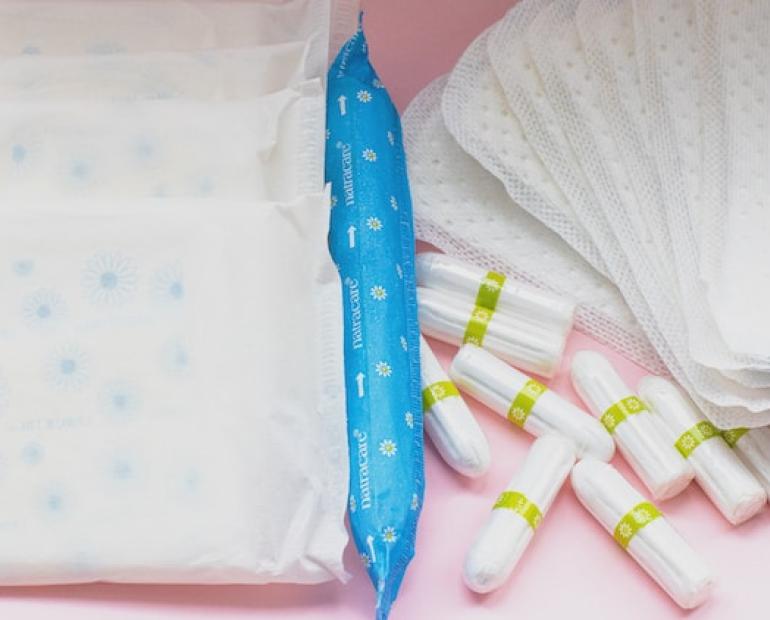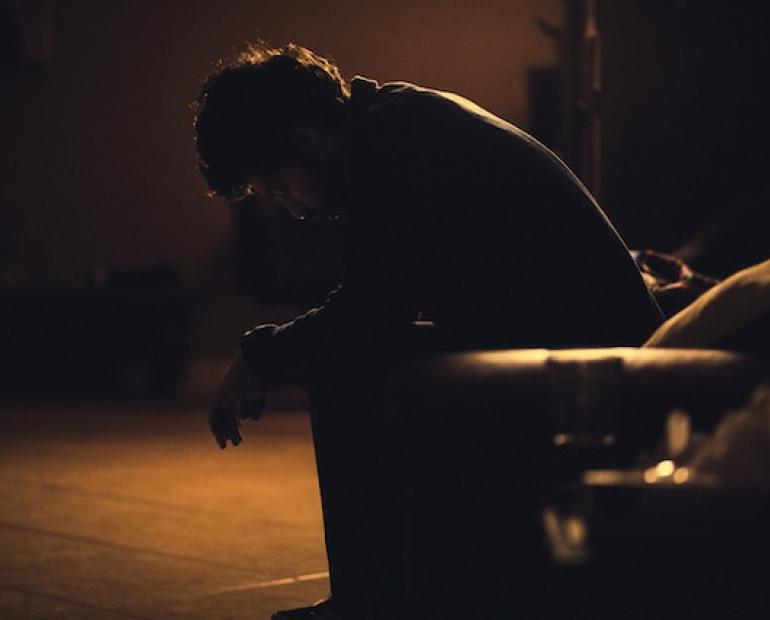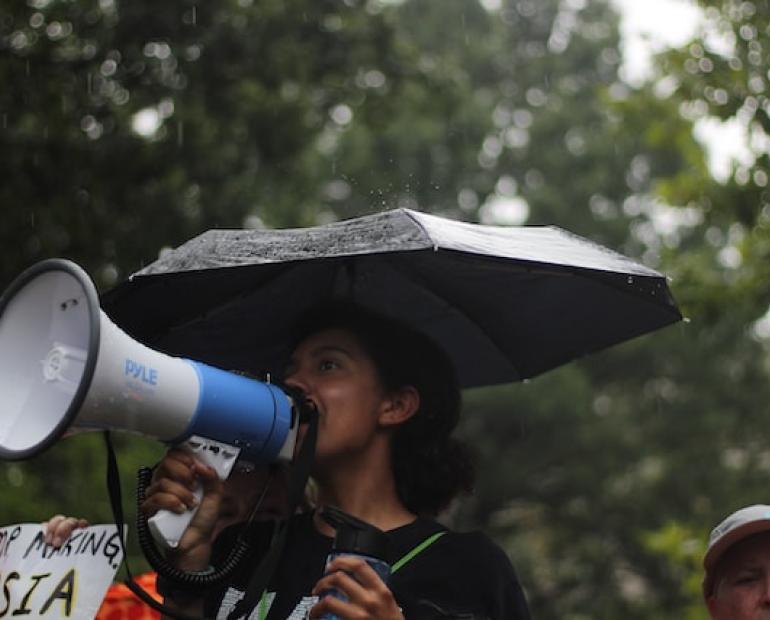
Now that the COVID-19 vaccination has advanced greatly in many countries, levels of absenteeism are rising in the places where the doses are being put. The anti-vaccination movement has had a significant impact on this matter, alongside the help of fake news and disinformation. Misleading communities is a serious issue, but it becomes even bigger when those people are parents. At this level, it not only affects them, but also their children’s health. Thus, this problem escalates from an individual sphere to a family spectrum. And just like in other medical instances, the youth is not given a proper space to have a say in their own medical access.
Normally, health procedures strictly need the parent or legal tutor’s authorization, and sometimes this consent is placed above the own patient’s agreement. Unfortunately, many kids and teens are never even asked their permission to access or reject a medicine, surgery, treatment, or in this particular case, a vaccine. Legal instruments like the Convention on the Rights of the Child (CRC) shield their rights regarding health concerns. For example, the right to privacy, which involves not deliberated giving away any information or detail to the parent or legal guardian that the child has not given consent to.
Still, the CRC covers a wide range of issues, and in order to interpret its articles, a dilemma can be created due to the juxtaposition of such statements. On the one hand, there is the child’s best interest; but on the other, their right to express their views and be consulted. One thing is certain: not every situation falls into the same solution. For instance, a baby of just a few months old needs the pentavalent vaccine to be protected from several diseases that they are prone to due to their age. Even though babies can communicate through sounds and movements, this vaccine is crucial to ensure a safe development. Thus, the child should receive it.
But on another case, every health practitioner has their own understanding of child development, and therefore, its own considerations of what is the appropriate age to start consulting the young patient. For some, it may be at eight years of age; for others may be 10, 12 or 14 years old. The complexity shows the relativity of the issue. Maybe for one doctor, deciding to vaccinate an 11-year-old that has given consent despite their parent’s disapproval may be the right thing to do. Still, the legal framework needs to be considered and that can vary from countries, states, or cities.
The COVID-19 vaccination has brought up an important topic to discuss regarding children’s emancipation on health matters. Just like with contraceptives, vaccines need to be included in the debate in order to work with the different communities and their respective social beliefs. At the end of the day, the final decision should fall into the doctor’s hands, taking into consideration the child’s opinion and best interest. They can also consult medical peers and the patient’s family in order to gain knowledge regarding the situation.
It is not an easy choice, and medical staff needs to be prepared. Hence, instruction at the academic level, such as med schools, needs to be implemented to strengthen the capacities and skills of all health professionals that are needed when dealing with this type of dilemma. The best lesson that they can learn through this capacitation is that every adult that comes in contact with a child has a responsibility with them, and it is their duty to find a balance between protection and participation.






